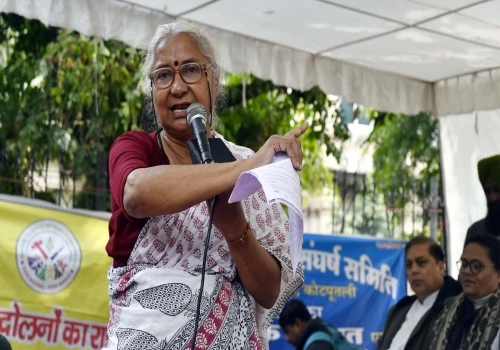
Today, India's criminal justice system will undergo a complete overhaul, with three new criminal codes replacing the entire set of British-era laws, including the Indian Penal Code.
Top 10 Key Points -
1. The Bharatiya Nyaya Sanhita, Bharatiya Nagarik Suraksha Sanhita, and Bharatiya Sakshya Adhiniyam will replace the Indian Penal Code, Code of Criminal Procedure, and Indian Evidence Act.
2. The government says these new laws will make justice faster and match today's world and new crimes. Judgments must now be given within 45 days after the trial ends, and charges must be framed within 60 days of the first hearing.
3. The new laws allow anyone to file a Zero FIR at any police station, no matter where the crime happened. Complaints can be registered online, and summonses can be sent electronically.
4. Crime scenes must be videotaped for all serious crimes. Summonses can be served electronically to speed up the legal process.
5. Union Home Minister Amit Shah said these changes aim to provide "speedy justice and justice to all." Proper use of these laws will need training and forensic teams, who must visit for crimes with a sentence of seven years or more.
6. New rules are made for new crimes like gang rapes, mob killings, and false marriage promises. This will increase the need for forensic experts, which the National Forensic Science University (NFSU) will supply, Mr. Shah said.
7. The NFSU was developed as the new laws were being made. This university now has campuses in 9 states, which will grow to 16 states.
8. Opposition parties, including the Congress, say the new criminal laws starting on July 1 were rushed. They think more discussion was needed before enforcing them.
9. West Bengal Chief Minister Mamata Banerjee asked Prime Minister Narendra Modi to delay the "hurriedly passed" laws. She said Parliament should review them again.
10. Chief Justice of India DY Chandrachud said these laws are very important for our society because criminal law affects daily life the most.


